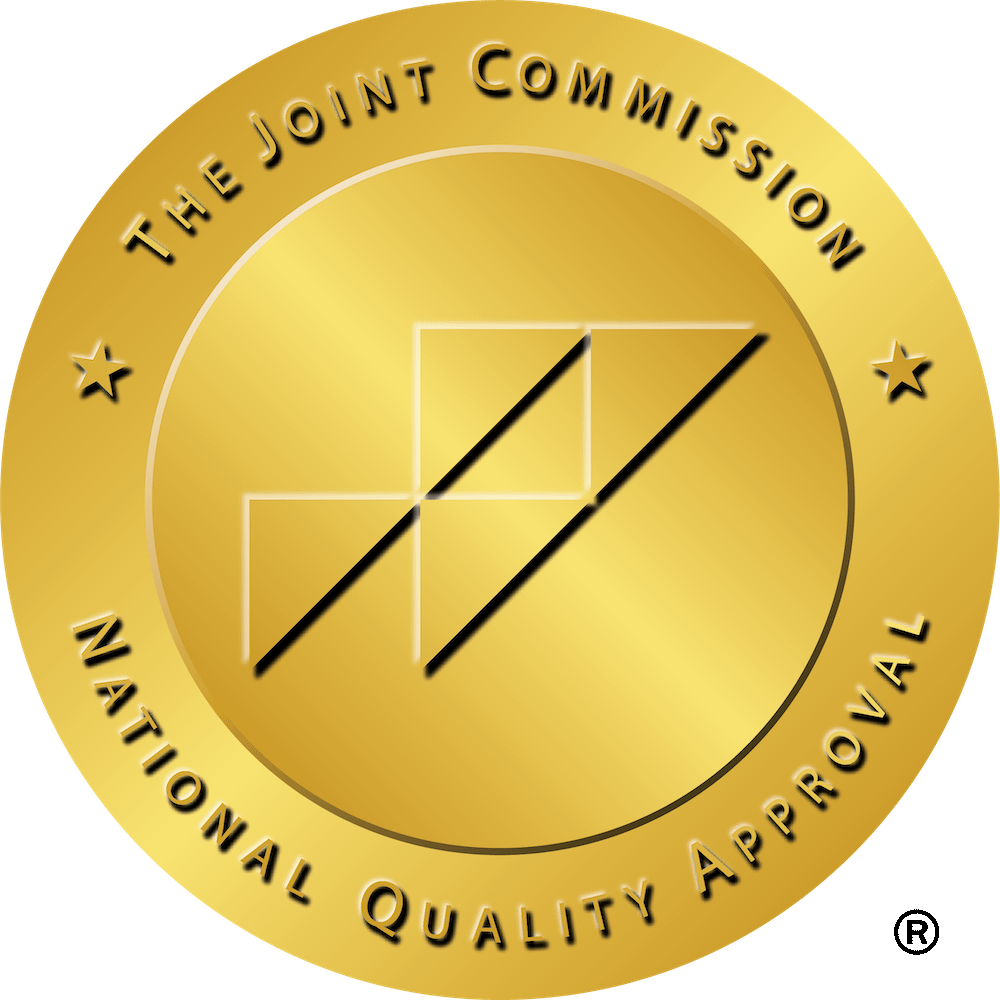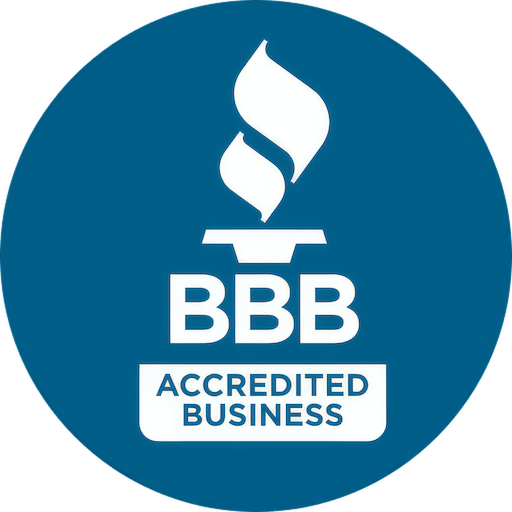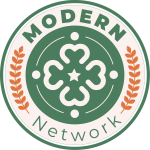Accredited programs for adolescents ages 12-17
Drug Rehab for Teens in Arizona
We Accept Insurance
Clean, comfortable, and safe accommodations
A strong focus on family participation & support
Small-group setting guarantees personalized attention




Early Intervention is vital for youth
Untreated substance abuse poses significant risks to a child’s health, education, relationships, and overall development.
Arizona offers various teen drug rehab options, such as residential and outpatient programs, providing professional guidance, evidence-based therapies, and a supportive community.
Accessing these resources equips your teen with tools for recovery and a brighter future.
Don’t wait—take the first step today and make a profound difference in your teen’s life.
Signs and Symptoms of Teen Substance Abuse
Spotting teen drug addiction can be challenging as they often hide symptoms and downplay issues. Distinguishing between normal adolescent behavior and substance use disorder (SUD) is tricky for parents. Look for these warning signs if you suspect substance misuse in a friend or family member.
Changes in Behavior:
- Sudden and extreme mood swings
- Withdrawal from family, friends, and activities they used to enjoy
- Decreased interest in hobbies or extracurricular activities
- Increased secrecy and dishonesty
- Unexplained need for money or stealing to support their habits
Changes Physical & Health-related Signs
- Bloodshot eyes or dilated pupils
- Changes in sleep patterns (insomnia or excessive sleepiness)
- Frequent nosebleeds or runny nose (related to drug use)
- Sudden weight loss or gain
- Poor personal hygiene and appearance
Academic and Performance Issues:
- Decline in academic performance, such as dropping grades, absences, or disciplinary issues at school
- Lack of motivation or concentration difficulties
- Decreased interest in previously enjoyed subjects or extracurricular activities
Changes in Relationships:
- Conflict or strained relationships with family members and friends
- Associating with a new peer group known for substance abuse
- Isolation from old friends or activities
- Increased involvement in risky or delinquent behaviors
Psychological and Emotional Signs
- Unexplained changes in personality or attitude
- Increased irritability, agitation, or hostility
- Frequent mood swings or emotional instability
- Anxiety, depression, or persistent feelings of sadness
- Paranoia or unusual paranoia
Residential Drug Rehab for Teens
Residential treatment, also known as inpatient treatment, provides a structured and immersive environment for your teen's recovery. With this option, your teenager will reside within a dedicated facility for a specified period, typically ranging from a few weeks to several months. Here are some key features and benefits of residential treatment:
24/7 Supervision and Support
Residential programs offer round-the-clock supervision by a team of trained professionals who provide constant support and guidance for your teen.
Intensive Therapy and Counseling
Your teen will have access to a wide range of therapeutic interventions, including individual therapy, up therapy, family therapy, and specialized treatments such as CBT and DBT.
Structured Daily Routine
Residential treatment provides a structured schedule, including therapy sessions, educational components, recreational activities, and skill-building exercises. This structure helps to create stability and a sense of routine for your child.
Rely on the experience of our clinical team
We have an amazing team of mental health professionals who not only understand adolescent mental health but are passionate about being a part of the solution. Trust us to be there for your family throughout this transformative journey.
It’s important to note that the suitability of each treatment option depends on your teen’s specific circumstances, including the severity of their addiction, the presence of co-occurring mental health issues, and the level of support available at home. Consulting with professionals, such as those at Avery’s House, can help determine the most appropriate treatment approach for your teen.
Remember, every teen is unique, and their journey to recovery may require a tailored combination of approaches. We are here to guide you through the available options and help you make an informed decision that will provide the best possible support for your teen’s recovery and long-term well-being.
We Accept Insurance
We work with most major insurance providers to help minimize the cost of treatment. Let’s check to see if your provider will cover your treatment.
Choosing the Right Teen Rehab Center
When finding the right teen rehab center, several factors should be considered to ensure your child receives the most effective and appropriate care. Here are some essential factors to keep in mind during your search:
- Accreditation and Licensing
- Specialization in Teen Rehab
- Treatment Approaches and Therapies
- Qualified and Experienced Staff
- Individualized Treatment Plans
- Family Involvement and Support
- Aftercare and Relapse Prevention
- Reviews and Testimonials
- Insurance Coverage and Financial Considerations
Considering these factors, you can make an informed decision when choosing the right rehab center for your teen. Remember, seeking guidance from professionals like Avery’s House can provide additional support and expertise throughout the decision-making process. Together, we can help your teen find the path to recovery and a brighter future.
How to get started with our Outpatient Teen Rehab
Whether your child is beginning or continuing their recovery, getting into the Avery’s House Teen Program is a simple 3-step process that begins with one simple phone call or message.
1- The initial phone call
Tell us your teen’s story, explore treatment options, and discuss payment options.
2- Pre screening
Confirm treatment, insurance coverage, and details about what to expect.
3- Start Therapy
Arrive at Avery’s House, meet our staff and other participants, tour the facility, and get settled in.